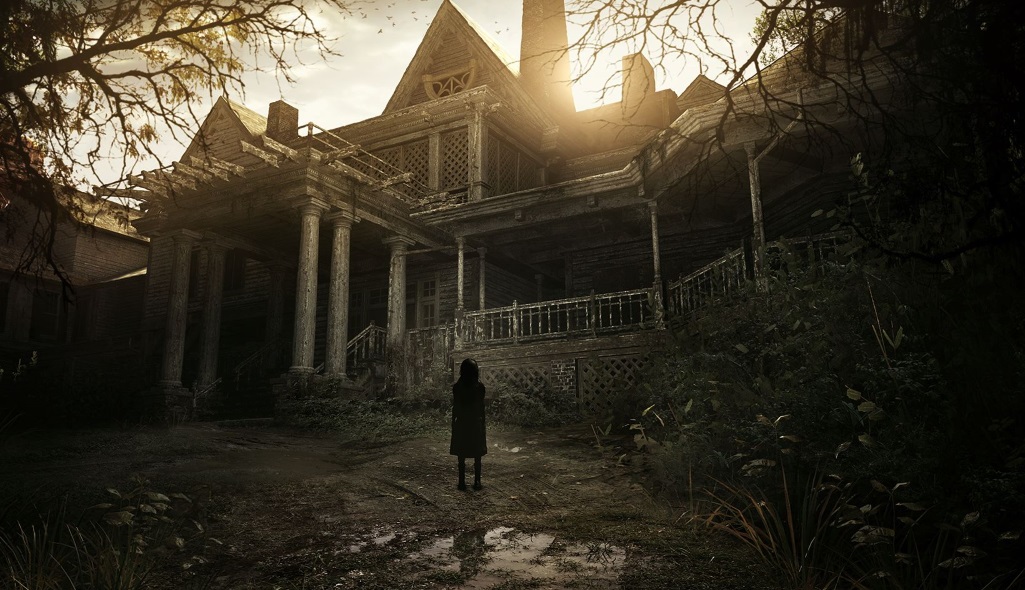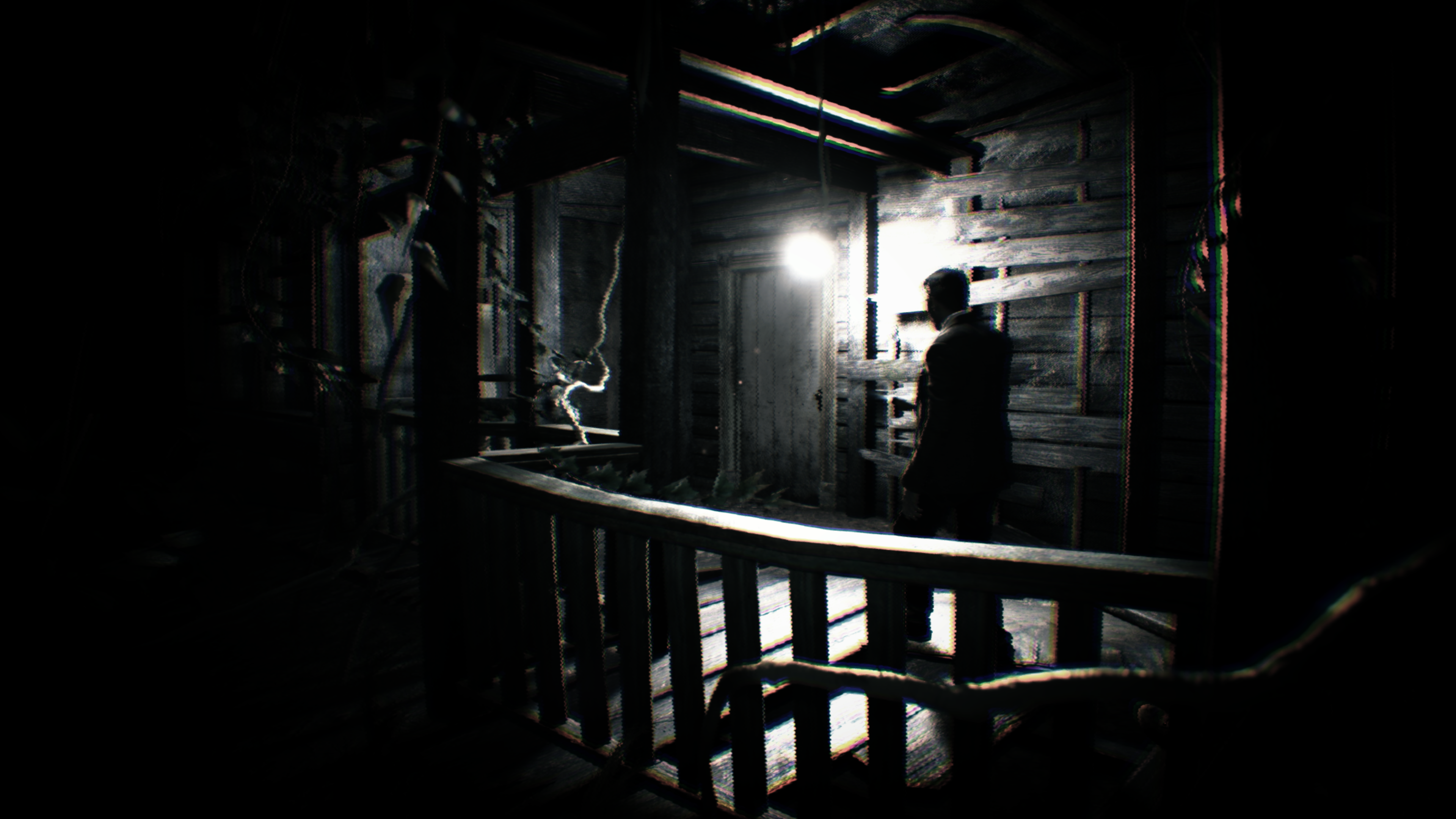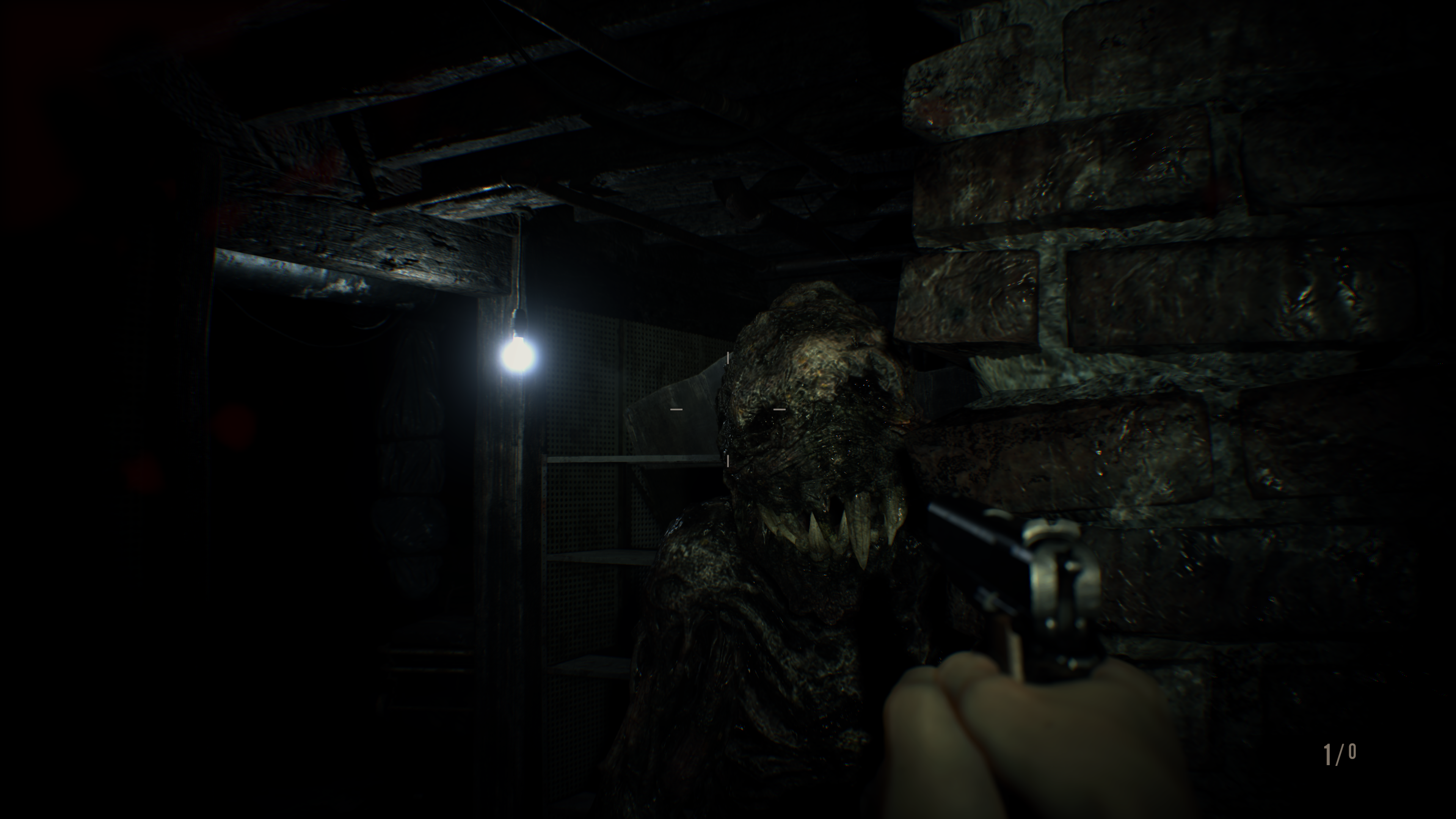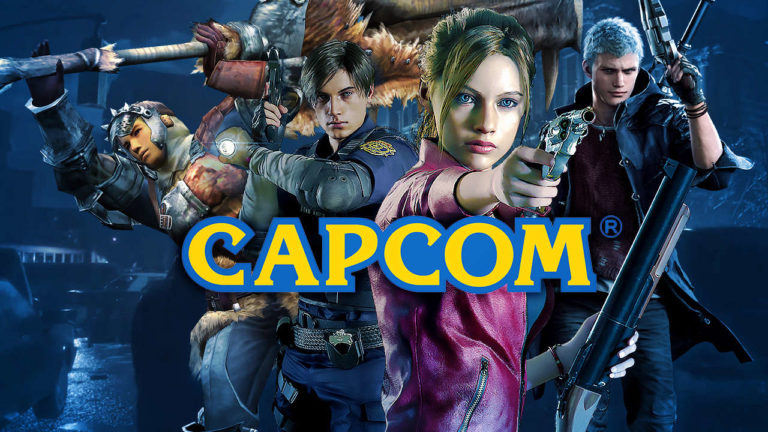
It is no secret that Resident Evil 7 has garnered a fair share of skepticism since its initial reveal. Many long-time fans of the series feel it is a betrayal of what they have come to expect from a game with “Resident Evil” in the title, and believe the clear influence from titles like Amnesia to be a detriment. The thing about this series is that change is really one of its constants, and it has been that way for a very long time. When a gameplay formula begins to wear thin, Resident Evil isn’t afraid to shake things up and go in a new direction.
There was an infamous preview for Resident Evil 4 back in the day that began with “you’ve never seen Resident Evil like this before”. That statement was dead on the money, as when Resident Evil 4 was revealed proper, most people were in utter shock to see a game that didn’t resemble what the series had been known for prior to that. The gameplay had an emphasis on linear corridor shooting rather than backtracking and puzzle solving, and the story did not feature the Umbrella Corporation or even the obligatory “T/G/X/Y/Z-Virus” that everyone had come to expect. A lot of fans were furious about these changes and thought it was a complete betrayal of the series they had come to love — I was one of these fans at the time. How could the franchise that defined survival horror suddenly become an action game?
Just before release there was a distinct anxiousness surrounding Resident Evil 4, that we all were about to play a game that would end the series as we knew it; that all of which we had come to identify as Resident Evil was about to die. Then we actually played it, and it was a magnificent game that far exceeded any sort of expectations. It went on to be one of the most well-received games of all time — a risky endeavor for Capcom to undertake, but in the end it paid off in dividends.

Resident Evil 4 remains a bit of a divisive game for original fans of the series, but Capcom absolutely made the right choice in mixing up the core formula. Resident Evil had become far too formulaic, which culminated with the release of Resident Evil Zero. If there’s one thing that kills tension in horror fiction more so than anything else it is predictability, and Resident Evil Zero was a very forgettable title as a result because we all knew what to expect from it. The king of survival horror had lost all hopes of being scary due to relying on a proven formula too heavily.
While Resident Evil 4 was more action heavy and less pure horror, it instilled a different kind of fear. It was frantic, swarming, and fast paced; I can only speak for myself. But it scared me far more than other recent mainline titles like Code Veronica or Zero ever did. Even if there were only glimmers of genuine fear, it was much more interesting than picking up a Rooster Key to unlock the door to fight yet another Tyrant for the umpteenth time.
Since 2005, the series has lingered back into that dark space it was in just before Resident Evil 4 released. Where most titles feel just like an iteration on Resident Evil 4’s core formula. Mainline entries like Resident Evil 5 and Resident Evil 6 were poised at courting fans of other franchises like Gears Of War or Uncharted, introducing more quick time events and action set pieces than anything else. While spin-offs like Revelations tried somewhat to appeal more to fans of the classic games with puzzles and strict ammo counts. No matter which gameplay style you prefer, the feeling of the franchise becoming too formulaic, too familiar, is present once again. There’s only so many times we can successfully execute a quick time event and be satisfied by the results, and there is only so many times we can suplex a bad guy before it gets old. Yet again, the series needs to shake things up, and Resident Evil 7 is here to do just that.

Looking at some of the fan backlash to Resident Evil 7, I can’t help but feel nostalgic. It reminds me so much of when the fanbase loathed Resident Evil 4, for nearly the exact same reasons too. Both games were lambasted for being “not Resident Evil enough”; and it’s made me realize that change just might be the true constant in this franchise. Resident Evil 4 brought in a new generation of fans, ones that are now adamantly claiming that Resident Evil 7 is not what they want from the franchise; just as the generation of fans prior to them said about Resident Evil 4. It is like a viscous cycle of adoration for the familiar, but it’s time for everyone to realize that change if necessary.
In the games industry, if you stay formulaic to a tee; it’s easy to be forgotten and fade into obscurity. Just look at something like Halo 5; it is very much in line with what fans would want from a Halo game, but to the point where it is so predictable that it’s unremarkable and people have stopped talking about it barely a year after its release. Halo used to be a cultural phenomenon, and now it’s just another shooting game; the same thing would have happened to Resident Evil several times over if Capcom did not shake things up.
The funny thing about people claiming Resident Evil 7 is not true to its roots is just how much of the original games I see in it. This is the first game in the core series in quite some time to have an emphasis on inventory management, limited healing items, enemies that can’t be dispatched with brute strength, save rooms complete with relaxing theme music, and even puzzles that feel like they are straight out of a 1998 design document. For all the naysayers hand waving over the first person perspective, a lot of fans seem to be overlooking the fact that the core gameplay is very similar to that of the original games. Even the gameplay surrounding the Bakers reminds me of Resident Evil 3, where your primary adversary is one you can’t really defeat, only subdue for a time.

A defining characteristic of the classic Resident Evil games was level design that encouraged a lot of backtracking. One of the reasons the Spencer Mansion is so memorable is it you spent so much time in the same rooms over and over again, each one littered with small details that would help pull you into the world. Whether it was the files left by previous occupants, the layout of a room indicating a struggle, or the placement of a necessary item being on the opposite side of the mansion, there was a lived in feel to the world. Contrast that with Resident Evil 6, where the art direction was so botched that the perspective between the player characters and the environment didn’t line up. I remember walking out into a big dining room with Leon and the chairs and tables looked like they were for people that where 10ft tall. It immediately took me out of the game because for all Capcom’s boasting on how large Resident Evil 6 was, the care and craftsmanship from the older games just was not there. With the Beginning Hour demo, Resident Evil 7 is back to smaller environments with tactfully places items like in the classic games. The Baker house feels lived in, and full of secrets. The first person camera is really the only thing that makes it feel so different from one of the classic games.
That is the wonderful thing about the change to a new camera perspective, being in first person allows the developers to come up with interesting new gameplay scenarios while simultaneously making older gameplay standbys feel fresh again. It’s a small change that is meant to make long time fans feel unfamiliar with their surrounding, Which again, is something happened with Resident Evil 4, where the camera shifted from fixed 3rd person cameras to an over the shoulder perspective; yet the controls and movement were largely the same.
Resident Evil 7 is bound to upset some fans, but that is exactly what we need at this juncture. If you have been playing this series for a long time, it is good to feel the apprehension that comes with change once and awhile. Think of it like sushi, you think it sounds gross before you try it, then you give it a go and it is one of the best things you have ever eaten. Or maybe you hate sushi too — whatever, it does not matter, but you will never know until you try. Resident Evil has been around for 20 years at this point, that is a lifetime for a videogame series. After all the memories and great games this series has given us, we owe this latest entry the benefit of a doubt.




